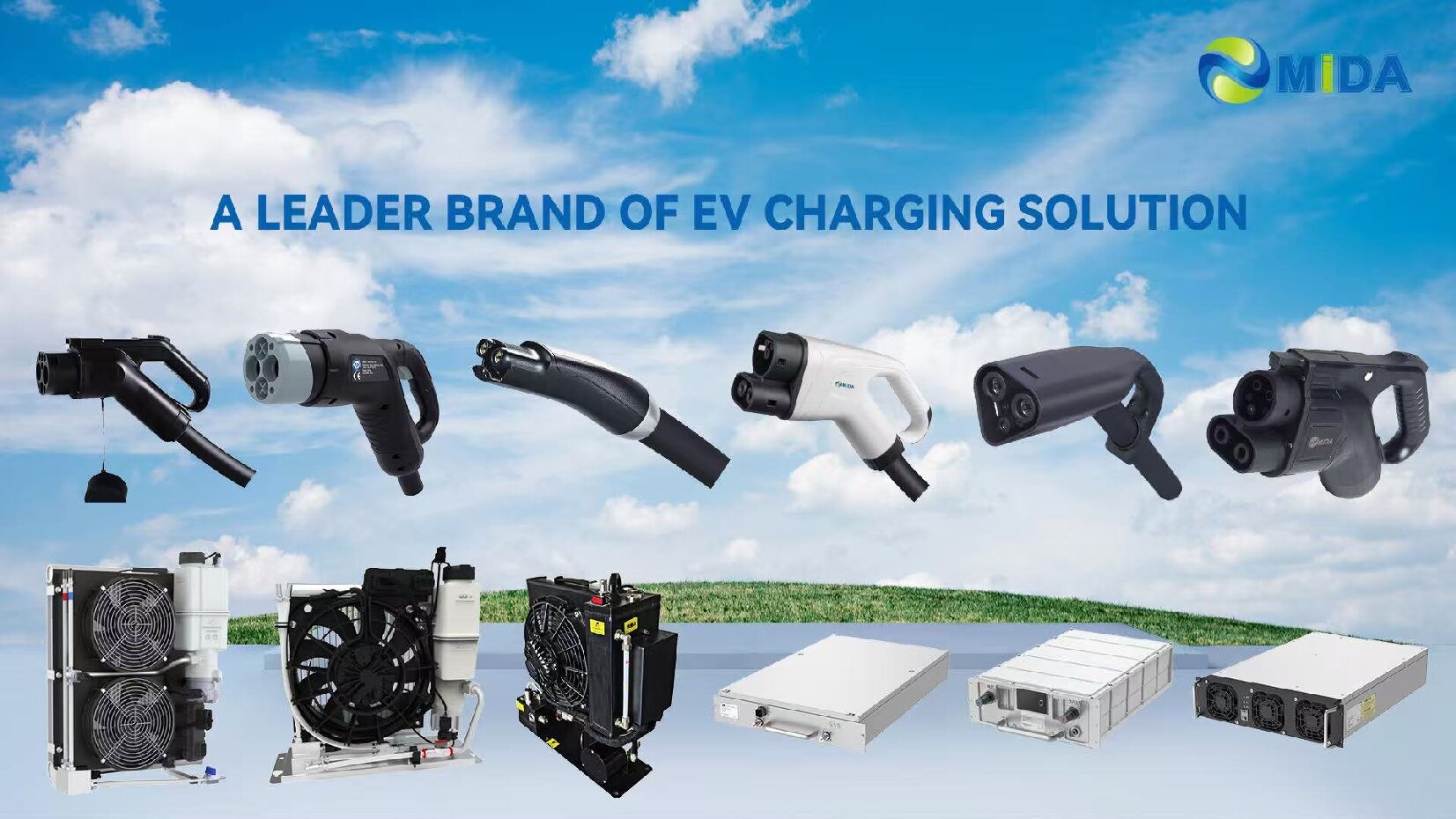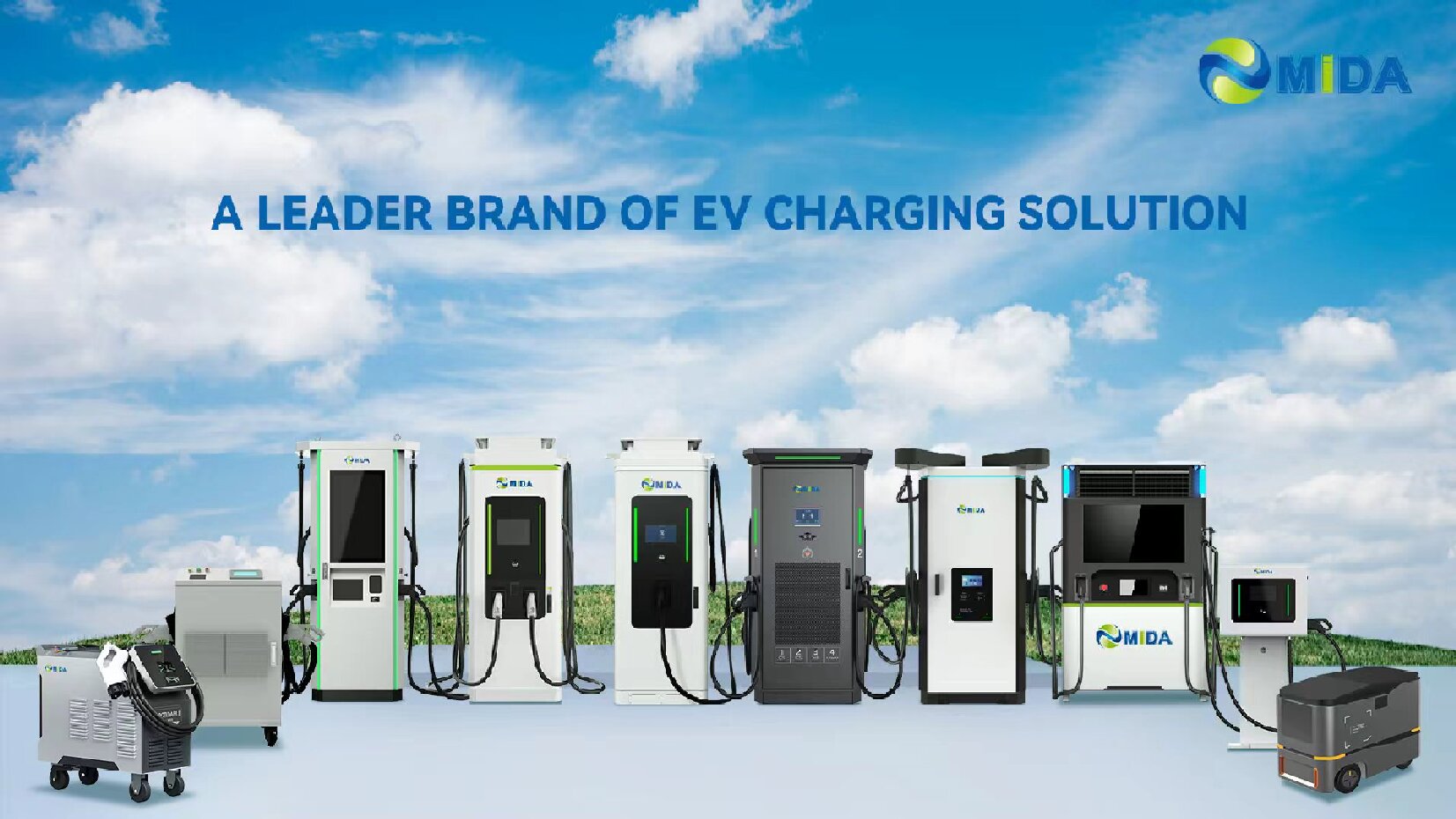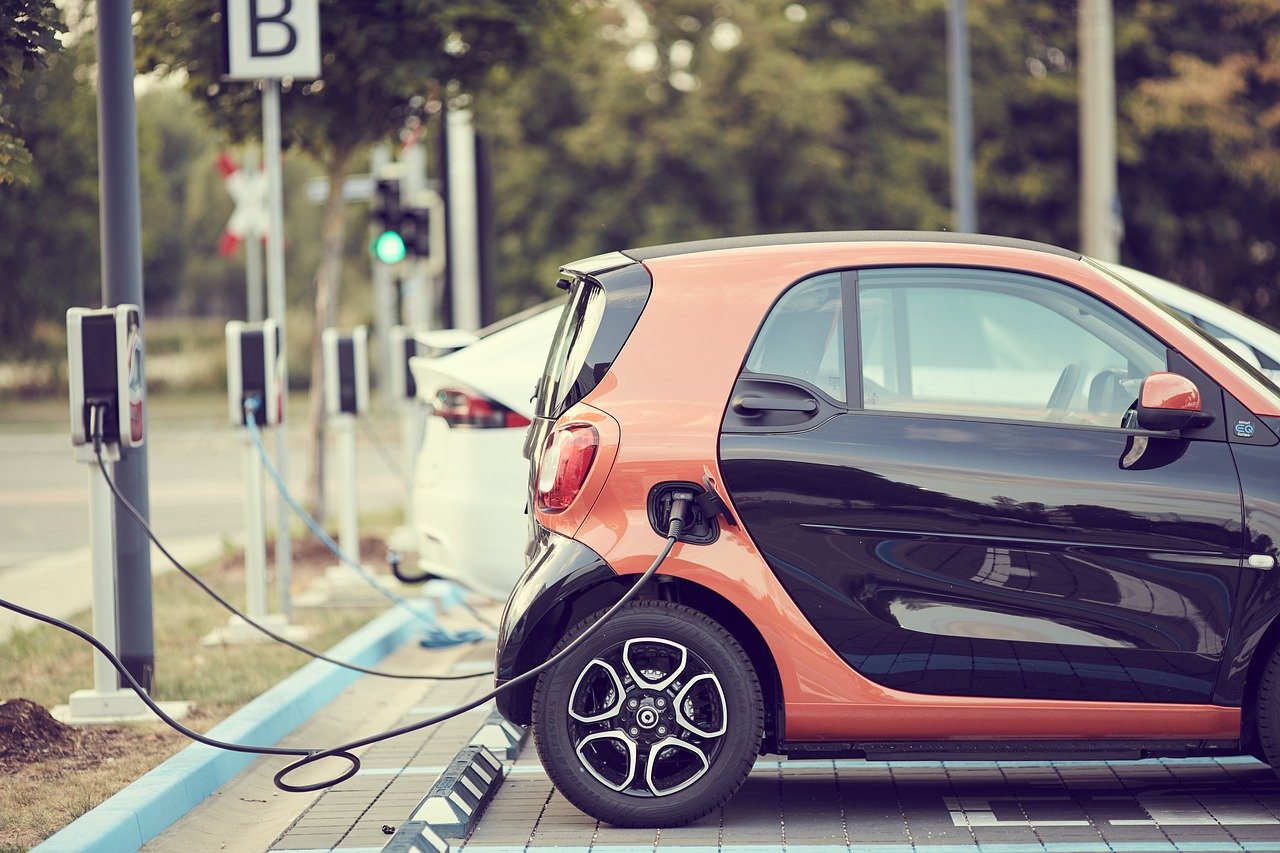While people are interested in buying EV and the government is encouraging them too there are still few doubts about the charging solutions for EV, whether at home or public. In our earlier blogs, we have discussed in detail whether you should select AC or DC charging and when you should switch between the two. In this article, we will discuss five common doubts that people have about EV charging solutions.
EV Charging Will Collapse The Electricity Grid
Many reconsider buying EV due to the doubt that they would not be able to charge their vehicles in the future. The common myth is that electricity grids will collapse with the rise of EVs in the market. However, researches have shown that our country has the current power system, which has the capacity to add millions of electric vehicles without collapsing the grid. This becomes possible because most of the EVs should be charged during the off-peak hour that is at night when the demand for the electricity is low.
You Cannot Charge Your EV At Home
Many EV buyers have the idea that to recharge their vehicle they should take it to commercial EV charging stations, as it is not possible to recharge the EV at home. It is not true, EVs can easily be charged at home. The voltage of the electric supply that we receive in a general household is enough to recharge your EV. Also, experts in the field recommend that when there is the option to recharge your EV at home you should do so.
Charging Your EV on Solar Power Is Impossible
The technology to charge your EV with solar power is already in the market, it is not some science fiction proposition. At home, once you install the solar power panel you can replace the grid electricity with solar power and eventually start recharging your EV with solar power too. Currently, Public EV charging stations does not offer solar charging option for your EV, but at home, you can definitely install one.
EVs Are Not Practical Without Proper Infrastructure Of Public Charging Station
As of now, the government is building public charging stations across the country and the automobile companies that are offering EV are also helping customers to charge their vehicles at the dealer’s shop. Furthermore, with most of the charging stations offering at least Level 2 chargers, 220-Volt means a car can get charged in 4 hours. Also, Level 2 is the most used voltage of electricity supply that is found at home or any commercial building. So if needed you can charge your EV at any of these places without fear of getting your battery drained and stranded with your EV. Furthermore, there are also commercial electric vehicle charging stations that are offering a fast charging option with DC power. This allows an EV to get 80 percent charged in about half an hour. So the idea that proper infrastructure for charging solutions lacking and hence purchasing of EV is not a good idea is nothing but a myth.
Home charging vs. Public charging solutions
Many people get rattled with the idea of whether to charge an EV at public or home. At the onset, let’s state that domestic electricity costs less than electricity at a commercial place. Also, if the Bharat public EV charger is one of the fast-charging stations then the cost will be more than a regular charging point of 220 Volt- Level 2. It is hence better to charge your EV at home or office instead of in the public. These first two are the places where you spend most of your time and you can utilize the time to charge your car. But in case you are on a long road trip then instead of opting for an AC, Level 2 charger goes for DC fast electric vehicle charging station.
There are many more doubts and myths about electric vehicle and their charging solutions, be it for home or in public. It is time that people distinguish between the two and see the benefits of an electric vehicle over petrol run vehicles. The electrical infrastructure of our country is good enough to provide charging solutions to EVs without the grids failing. But as a user, you also have to ensure that you do not misuse electricity.
Tags: ELECTRIC, CARS, STATION,Share: Facebook, Google+, Instagram
Post time: Jan-07-2021




